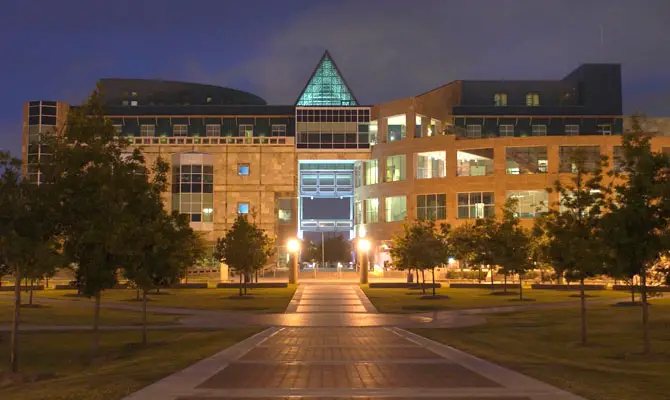The University of Texas at San Antonio (UTSA) has established an Office of Restorative Justice to provide a forum for students and employees to discuss critical matters, such as current political and racial issues, that continue to affect them.
As students prepare to return to campus for the fall semester, UTSA is seeking to address many of the unprecedented challenges the community faced during the lockdown. Through this new office, the university hopes to help its community by creating a platform to support students in processing and resolving how they have been affected.
Director of the Office of Restorative Justice Robert Rico said, “Our new office is serving as an avenue for bringing people together to engage in peaceful dialogue to discuss critical issues that affect faculty, students, and staff.”
Among the initiatives implemented by the Office of Restorative Justice is Community Conversations, a series of presentations focused on controversial topics that made waves the past year.
Previous presentations include “Post-Election and Moving Beyond Together,” “Reflecting on the Events at the US Capitol,” “Processing and Healing From the Painful Racist Events in Atlanta,” and “Reflecting, Healing, and Reconnection One Year After Going Virtual.”
Supporting Diversity
The university has begun teaching students, faculty, and staff restorative justice practices to resolve conflict by employing a relational approach.
Moreover, Rico is supervising the development of a restorative justice system at the school to enhance campus disciplinary procedures.
“People from all backgrounds need to be part of the dialogue to help develop common sense policies and campus practices. There needs to be more discussion on current topics that affect our campus community,” Rico said.
UTSA Vice President for Inclusive Excellence Myron Anderson said, “I am excited to have Robert Rico as the inaugural director of the Office of Restorative Justice. His skill, expertise, and passion to systemically integrate restorative justice practices in our community will serve us well.”
The university is also training faculty and staff in how to create a more inclusive environment. Topics being addressed by the training include bias, misgendering transgender students, and microaggressions.
“When looking at the inclusive excellence ecosystem and the historic and current social justice landscapes, this office will play a significant role in bringing people together, amplifying understanding and providing proactive and reactive support for our faculty, staff, and students in our quest to create a more welcome and inclusive campus,” Anderson asserted.



